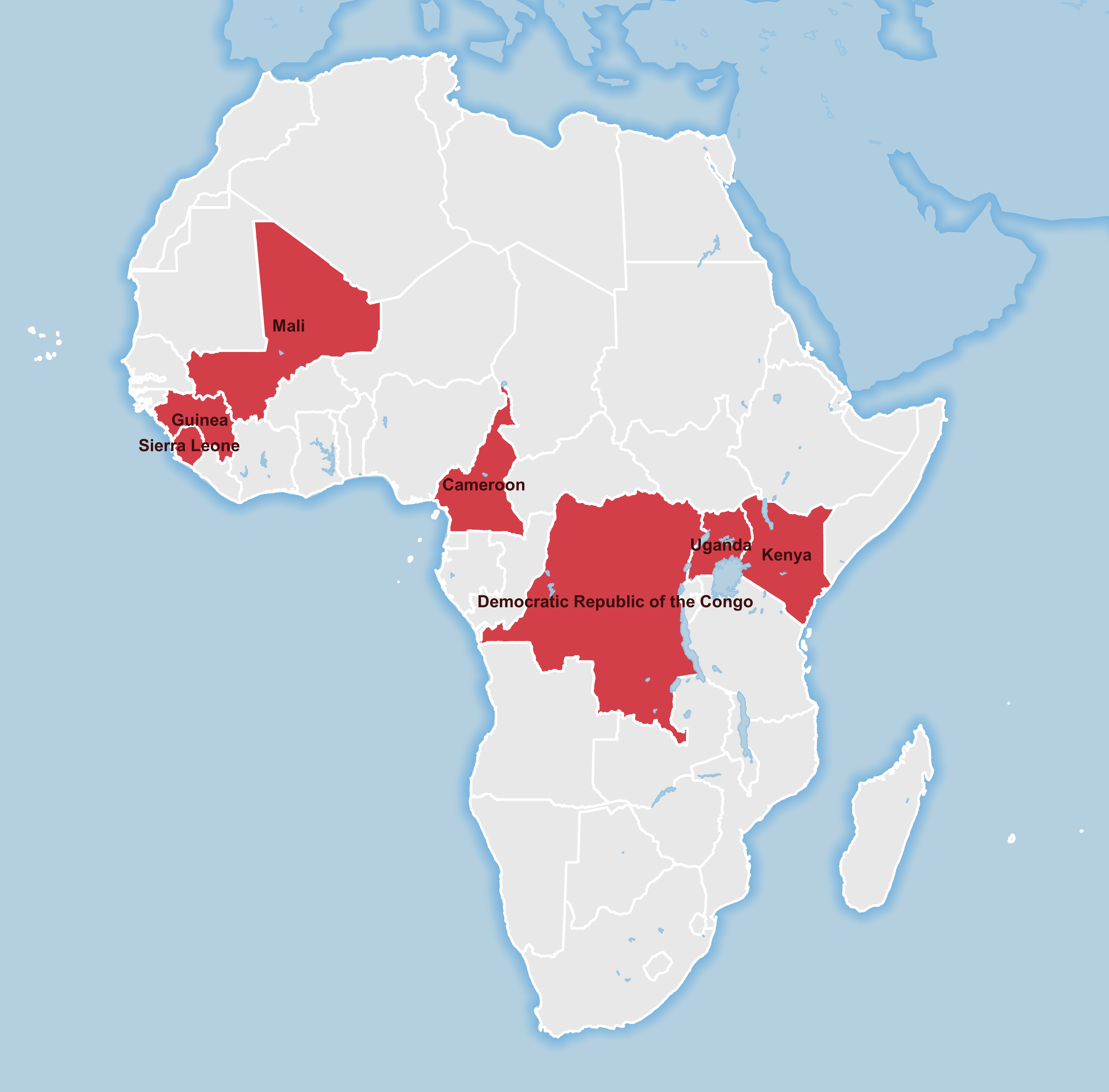
In today’s connected world, disease outbreaks can spread faster and more unpredictably than ever before. Emerging infectious diseases are having a devastating public health and economic burden on communities around the world.
The International Federation of Red Cross and Red Crescent Societies (IFRC) has long focused on helping communities prepare and respond to health emergencies. Through an innovative project, supported by the U.S. Agency for International Development (USAID), IFRC is scaling up community epidemic and pandemic preparedness in eight “pilot” countries.
Through our powerful network of millions of volunteers globally, we’re helping strengthen ability of communities and other partners to prepare prevent, detect and respond to diseases.
CP3 is different in each country where it is being rolled out. The program is designed to be adaptable—based on the country’s priorities, needs, risks and capacities. It also complements and builds on existing national emergency response plans. The program has started in Indonesia, Uganda,Cameroon, Kenya, the Democratic Republic of Congo, Sierra Leone, Guinea and Mali.
Many outbreaks go unnoticed until many people in the same community become gravely ill. All too often, communities lack the knowledge or skills to take preventative action. We’re working to change this by ensuring communities have basic information about the spread of diseases and how to prevent them, simple and effective systems to detect outbreaks, and communications mechanisms that ensure timely information sharing and community engagement.
Red Cross and Red Crescent National Societies have extraordinary reach in communities the world over, and in their supporting role to governments, are often central to emergency responses amid outbreaks. We are working to strengthen their epidemic preparedness and response capacity, and at the same time, help them develop and train networks of volunteers to support early detection and early action to outbreaks.
Epidemics not only threaten lives, but all aspects of society, including food production, trade, transportation and education. When services and employment are disrupted, day to day life is turned upside down. This part of the project works to prepare and engage the private sector and other key stakeholders like religious leaders and the media in epidemic preparedness and response.
The IFRC, National Societies and other partners have developed effective tools, trainings, manuals and technology to boost community capacity, before, during and after health emergencies. They include health literacy curriculum for school children, first aid applications, a toolkit that helps communities identify risks and guidelines on community engagement.